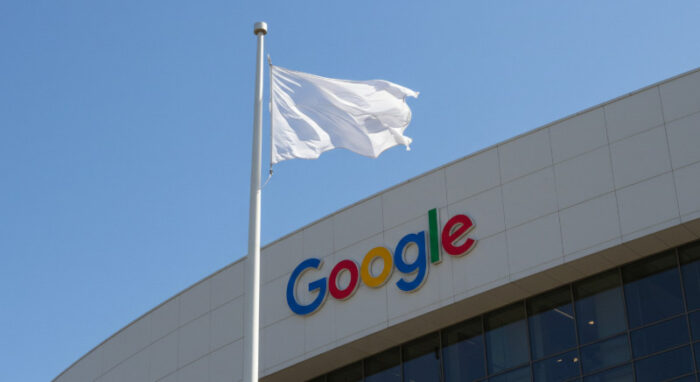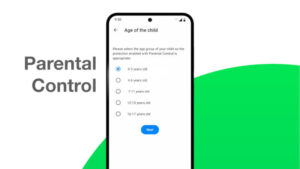After Google removed needed permissions from the Nextcloud app, it refused to return them for months — which quickly changed when the press got involved.

Sometime back in 2024, Nextcloud’s Android app suddenly quit being able to do some things that it had been able to do for years. It turned out that this was due to a sudden rule change by Google that did away with the “all files access” permission, which put up a pretty big roadblock for users of the app.
For months, the folks at Nextcloud pleaded with Google to reinstate the permission, but were stonewalled. On Tuesday, The Register published an article on Nextcloud’s dilemma, and Nextcloud employee Christoph Weissthaner posted an explanation of the issue for the app’s frustrated users on the company’s blog. Soon after that, articles appeared on LWN and Ars Technica.
Two days later, Google caved, as reported in an update to Weissthaner’s post:
“Good news. This morning, May 15, Google reached out to us and offered to restore the permission, which will give our users back the functionality that was lost.”
The head-scratcher is that Google ever decided to fight this battle in the first place, because the battle it unwisely picked to fight made it look like a classic example of a bullying turn-of-the-20th-century robber baron monopolist.
That’s a funny way to act for a company that’s being threatened with court-ordered breakups on two fronts due to perceived monopolistic activities, especially since the core of its defense is that it’s not really a monopoly, it just looks that way.
Nextcloud in a Nutshell
Nextcloud is a Germany-based open source company that’s known for its eponymously named, self-hosted content collaboration platform that individuals and companies use to build their own clouds. It offers users the ability to securely store, manage, and share data across devices and locations, while retaining full control over their information.
It’s quite capable. It’s popular with small- to medium-sized businesses, which use it to easily and inexpensively build their own customer and employee portals. Some governments also use it, in large part because it’s based on open standards, which helps overcome accessibility issues. The platform offers storage (it started life as a Dropbox replacement), an online office suite, video conferencing, task management, contacts, calendar, AI assistant, and a host of other applications.
The storage aspect has increasingly made it a viable option in the EU, as European companies and governments grow increasingly wary of storing customer or citizen data in US owned clouds in the age of Trump. It competes with the likes of Microsoft Teams, Zoom, and Google Workspace. The latter turns out to be the rub: despite its protestations to the contrary, Google does seem to be addicted to monopolistic behavior.
Whatever happened to “don’t do evil”?
Google’s Argument
According to Nextcloud, Google’s argument was that security concerns led to its decision to revoke its app’s permissions.
“This is hard to believe for us,” Weissthaner wrote. “Nextcloud has had this feature since its inception in 2016, and we have never heard about any security concerns from Google about it. Moreover, several Big Tech apps as well as Google’s own still have this. What we think: Google owning the platform means they can and are giving themselves preferential treatment.”
That was obviously what Google was doing, and the judges in the antitrust cases against the company should be encouraged to weigh this in when considering how to remedy Google’s anticompetitive behavior.
The Google app that Weissthaner mentioned in his post is the app for Workspace, which continued to have all of the permissions that Google removed from the Nextcloud app.
“This isn’t an isolated issue,” Weissthaner added. “With the EU’s lack of enforcement on Microsoft’s bundling of Teams and OneDrive into Windows, it seems Google feels emboldened to follow suit, further stifling competition and innovation.”
At least Google has now been forced to relent. Now it’s time to go after Microsoft.
Christine Hall has been a journalist since 1971. In 2001, she began writing a weekly consumer computer column and started covering Linux and FOSS in 2002 after making the switch to GNU/Linux. Follow her on Twitter: @BrideOfLinux






